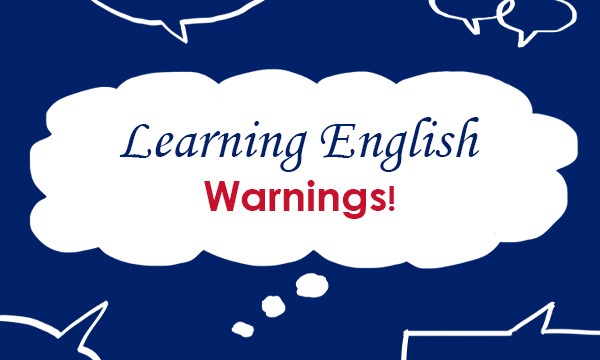
To tell someone that they are in danger, shout Look out!
Look out! There’s a car coming!
Look out! It’s falling!
To suggest that someone pays attention to something, use Watch out…
Watch out, they’re behind you!
Road signs urging motorists to watch out for hedgehogs are set to be unveiled.
To tell someone to take care so that they do not have an accident, use Be careful …
Be careful on those steps!
Be careful! It’s icy outside.
Be careful with those scissors!
In British English, you canuse mind or mind out when you are telling someone to be careful of something.
Mind you don’t burn those sausages.
Do mindout for those oncoming cars, though.
To ask for help because you are in danger, shout Help!
Help! I can’t swim!
Help! The building’s on fire!
Come back for more blogs on using English in everyday situations: https://blog.collinsdictionary.com/language-learners/learning-english/
All opinions expressed on this blog are those of the individual writers, and do not necessarily reflect the opinions or policies of Collins, or its parent company, HarperCollins.




collins_dictionary_official
The home of living language. #wotd #wordlovers #collinsdictionary
Read our word of the week definitions and blog posts: